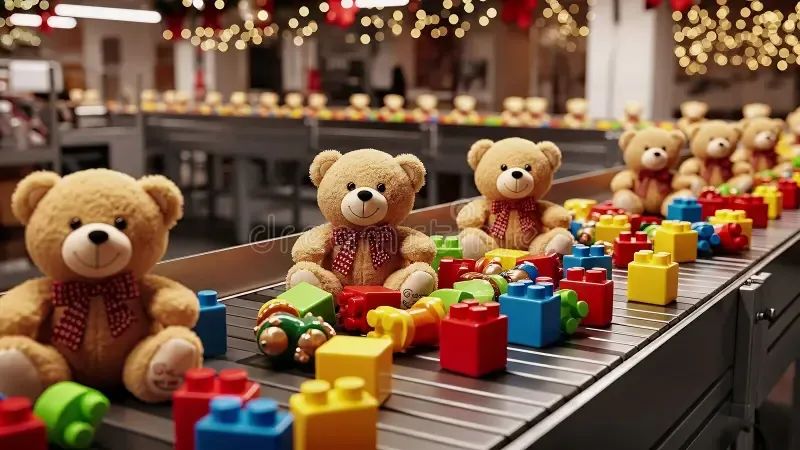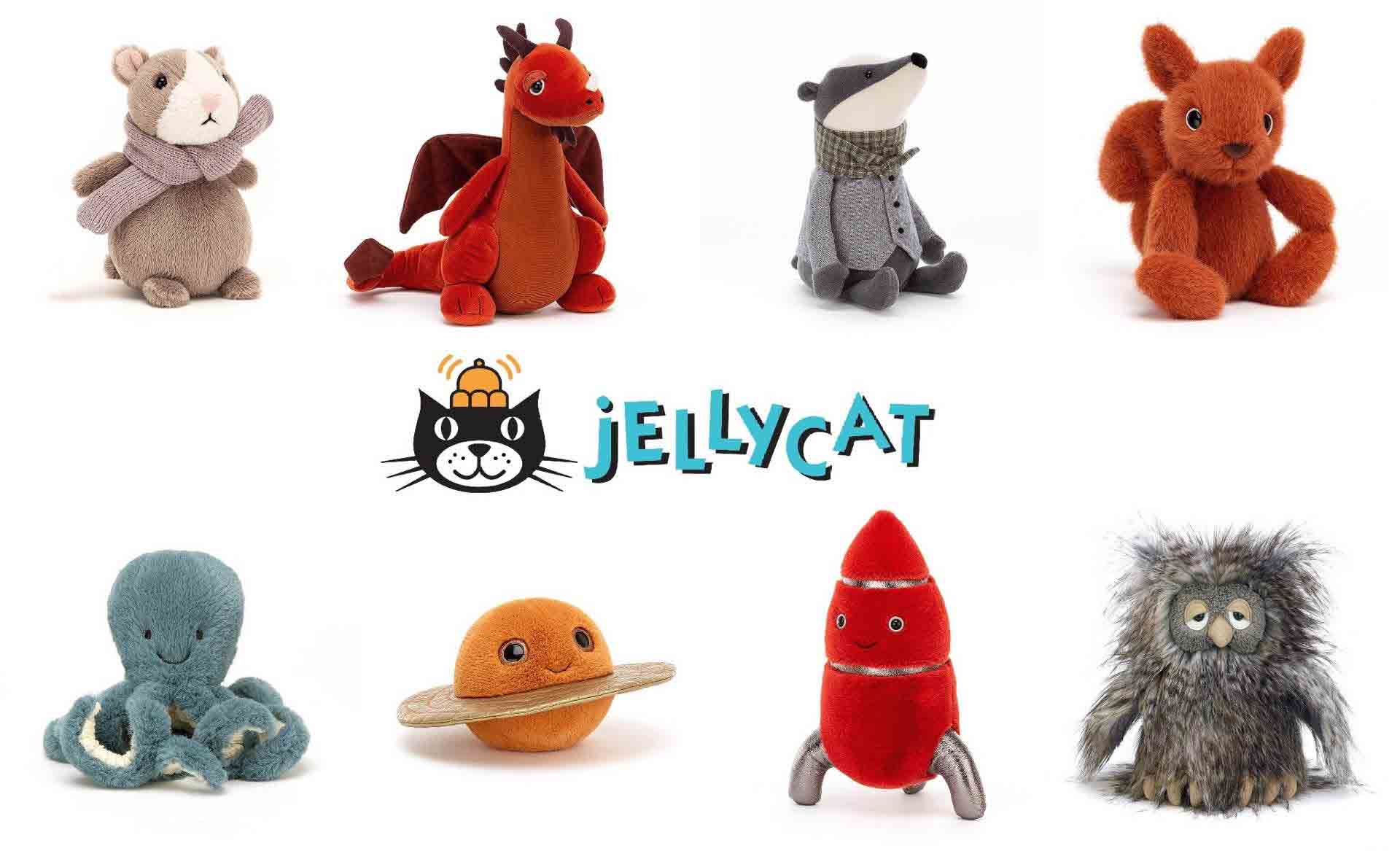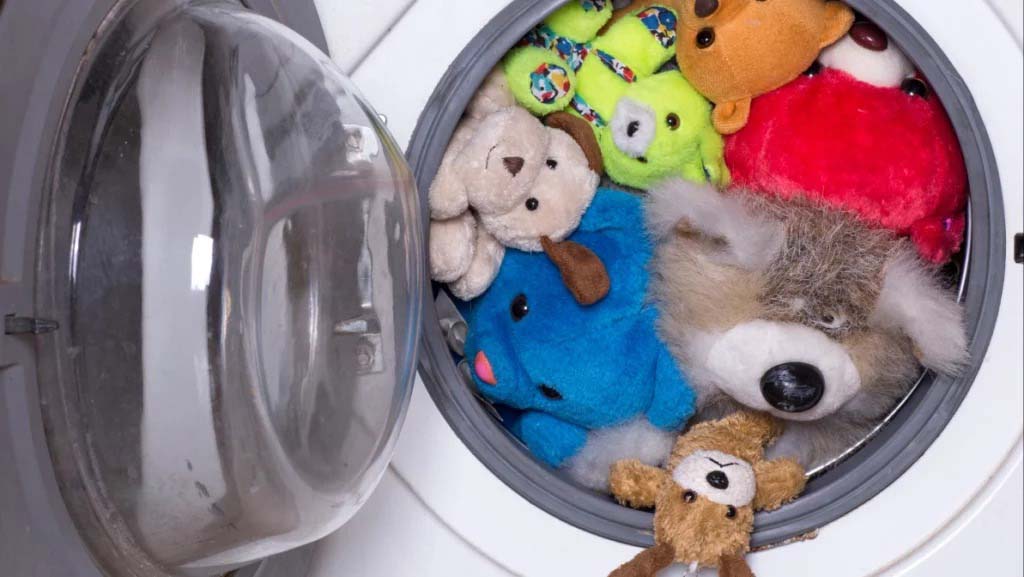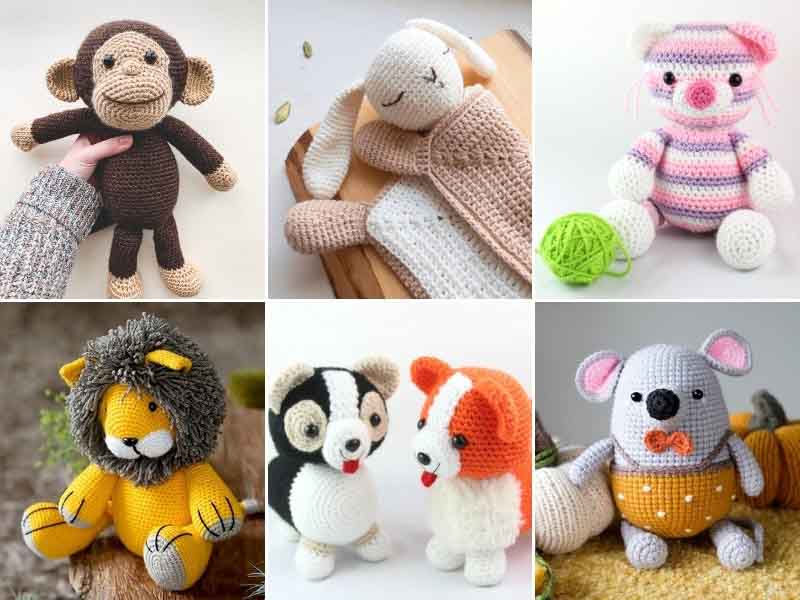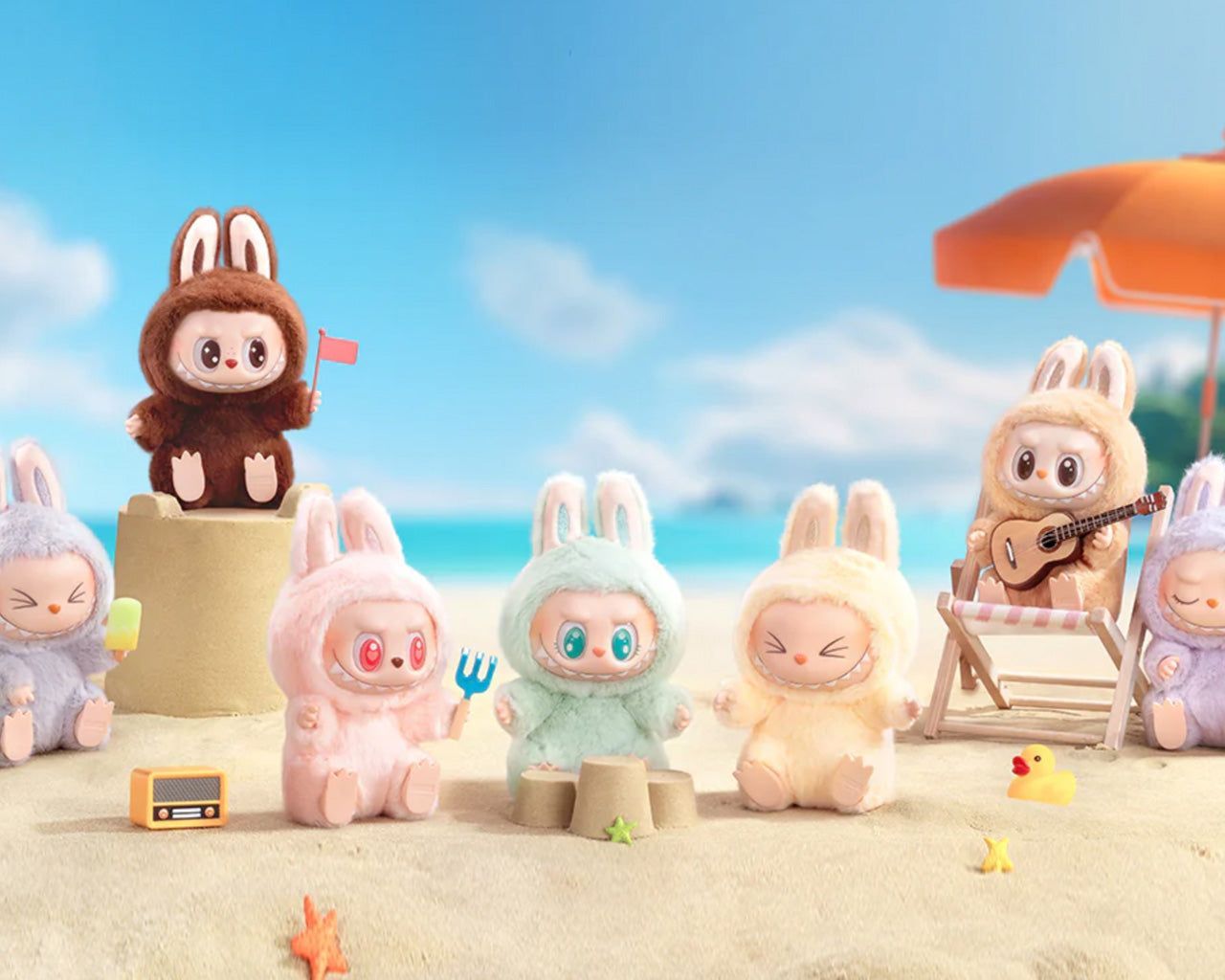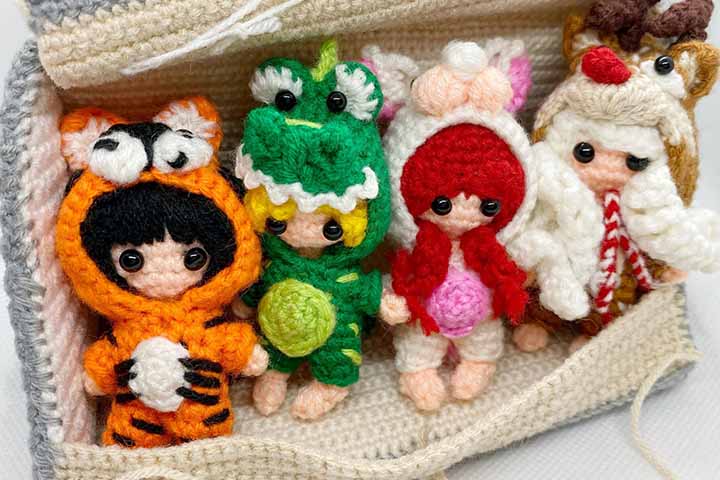Plush toys are not just soft items for play; they represent safety, comfort, and value for both children and adults. Knowing what defines a good plush toy helps buyers and retailers make better choices.
A good plush toy combines softness, durable materials, safe construction, creative design, and compliance with safety certifications. High-quality plushies are made with premium fabrics, tested fillings, strong stitching, and thoughtful details. These qualities ensure the toy is both safe for children and appealing to collectors and retail buyers.
The following sections explore the main factors that make plush toys stand out in the global market.
What Core Qualities Define a High-Quality Plush Toy?

High-quality plush toys stand out through a balance of safety, softness, durability, and design appeal.
A quality plush toy must feel soft, last through repeated use, and remain safe for children, while also appealing in design.
Good plush toys combine physical comfort with long-term resilience. They must withstand pulling, hugging, and washing without damage. For buyers, these core qualities also reduce return risks and build trust in the brand. Parents look for safety first, but they also value toys that stay soft and intact after long use. Retailers rely on plush toys that maintain their appearance on shelves and after purchase.
| Core Quality | Why It Matters for Buyers |
|---|---|
| Safety | Ensures compliance, avoids recalls |
| Softness | Enhances comfort and emotional value |
| Durability | Reduces replacement, increases satisfaction |
| Appealing Design | Attracts buyers and improves retail turnover |
How Do Fabrics and Fillings Influence Plush Toy Softness and Durability?

The choice of fabric and stuffing directly shapes how a plush toy feels and performs.
Plush toys made with premium fabrics like velboa, minky, or organic cotton, combined with safe fillings such as polyester fiberfill, offer the best softness and durability.
Softness attracts children and buyers, but durability ensures long-term value. Fabrics such as minky and velboa provide silky finishes, while organic cotton supports eco-friendly branding. Fillings like high-quality polyester fiberfill give plush toys shape retention and resilience. Weighted beads or memory foam inserts can enhance sensory play but must be applied with strict safety standards. Buyers sourcing from manufacturers must balance cost with quality when selecting fabrics and fillings.
| Material Choice | Influence on Plush Toy Quality |
|---|---|
| Velboa / Minky | Very soft, child-friendly |
| Organic Cotton | Eco-friendly, safe for sensitive skin |
| Polyester Fiberfill | Durable, keeps shape after long use |
| Specialty Fillings | Adds sensory features but requires safety care |
What Role Do Safety Standards and Certifications Play in Plush Toy Quality?

Safety is the foundation of any toy, and plush toys are no exception.
Good plush toys comply with global certifications like CE, ASTM, or EN71, proving that they are safe for children and suitable for international markets.
Buyers should always confirm that plush toys meet the legal safety requirements of their target markets. CE and EN71 are essential for Europe, while ASTM is required for the USA. Factories must test fabrics, fillings, and construction for hazards such as loose parts, sharp edges, or flammability. For buyers, safety certifications not only reduce liability but also increase consumer trust. Retailers can highlight certified products as premium and reliable options, supporting brand credibility.
| Certification Type | Target Market | What It Covers |
|---|---|---|
| CE / EN71 | Europe | Mechanical safety, chemical limits |
| ASTM F963 | USA | Child safety standards |
| ISO 8124 | Global | International toy compliance |
| CPSIA | USA | Lead and phthalate restrictions |
How Does Design and Craftsmanship Affect the Appeal of Plush Toys?

Design quality is what transforms a plush toy from simple fabric into a product with emotional value.
Plush toys with strong craftsmanship, neat stitching, and creative design details attract more buyers and maintain long-lasting appeal.
Good design must balance safety, aesthetics, and usability. Fine embroidery for eyes, durable stitching for seams, and well-proportioned patterns create a professional finish. Toys with expressive faces and unique details stand out in retail stores, making them more likely to be purchased. For brands, customized design elements such as unique shapes, vibrant colors, and accessories can enhance product differentiation. Poor craftsmanship, on the other hand, can lead to product recalls, complaints, and weaker sales.
| Craftsmanship Element | Buyer Advantage |
|---|---|
| Strong Stitching | Extends toy life, reduces damage |
| Embroidered Details | Safer than plastic parts, premium look |
| Balanced Proportions | Improves shelf and visual appeal |
| Custom Accessories | Creates uniqueness and higher perceived value |
Why Are Customization and Branding Important in Plush Toy Manufacturing?

Customization transforms plush toys into powerful tools for branding, gifting, and promotions.
Brands use customized plush toys with logos, accessories, and packaging to stand out in retail and promotional markets.
Plush toys can carry embroidered logos, themed costumes, or branded tags that link directly to a company’s identity. For promotional use, they work as memorable giveaways that reinforce brand recognition. Retailers value customization because it allows differentiation in competitive markets. Buyers sourcing from factories should check options for embroidery, printing, special fabrics, or customized packaging to match their target audience’s needs. Customization also increases the perceived value of plush toys, often justifying higher retail prices.
| Customization Option | Market Advantage |
|---|---|
| Embroidered Logos | Enhances brand visibility |
| Custom Fabrics | Differentiates design from competitors |
| Packaging Upgrades | Improves presentation and gift appeal |
| Themed Accessories | Creates collectibility and resale potential |
How Do Buyers Evaluate Reliability When Sourcing Plush Toy Manufacturers?

Selecting the right manufacturer is as important as the toy itself.
Buyers evaluate plush toy manufacturers by checking their certifications, production capacity, customization abilities, and track record with global clients.
Reliability ensures smoother cooperation and fewer risks in global sourcing. A trustworthy manufacturer must provide safety certifications, clear MOQ (minimum order quantity) policies, and transparent pricing. Experienced factories also offer flexible OEM and ODM services, fast sampling, and strong communication. Buyers sourcing internationally should also evaluate the factory’s shipping reliability, packaging options, and ability to handle large volume orders. Choosing the right partner reduces delays, ensures consistent quality, and supports long-term growth.
| Evaluation Factor | Why Buyers Care |
|---|---|
| Certifications | Proof of compliance and safety |
| Production Capacity | Handles both small and large orders |
| Customization Ability | Supports unique brand requirements |
| Delivery Reliability | Reduces delays and cost risks |
Conclusion
A good plush toy is safe, soft, durable, and appealing while also offering branding opportunities. At Kinwin, we help global buyers develop customized plush solutions that meet safety standards and stand out in competitive markets.
Contact us at :[email protected] or visit kinwintoys.com to discuss your next project and explore how our factory can support your success.


